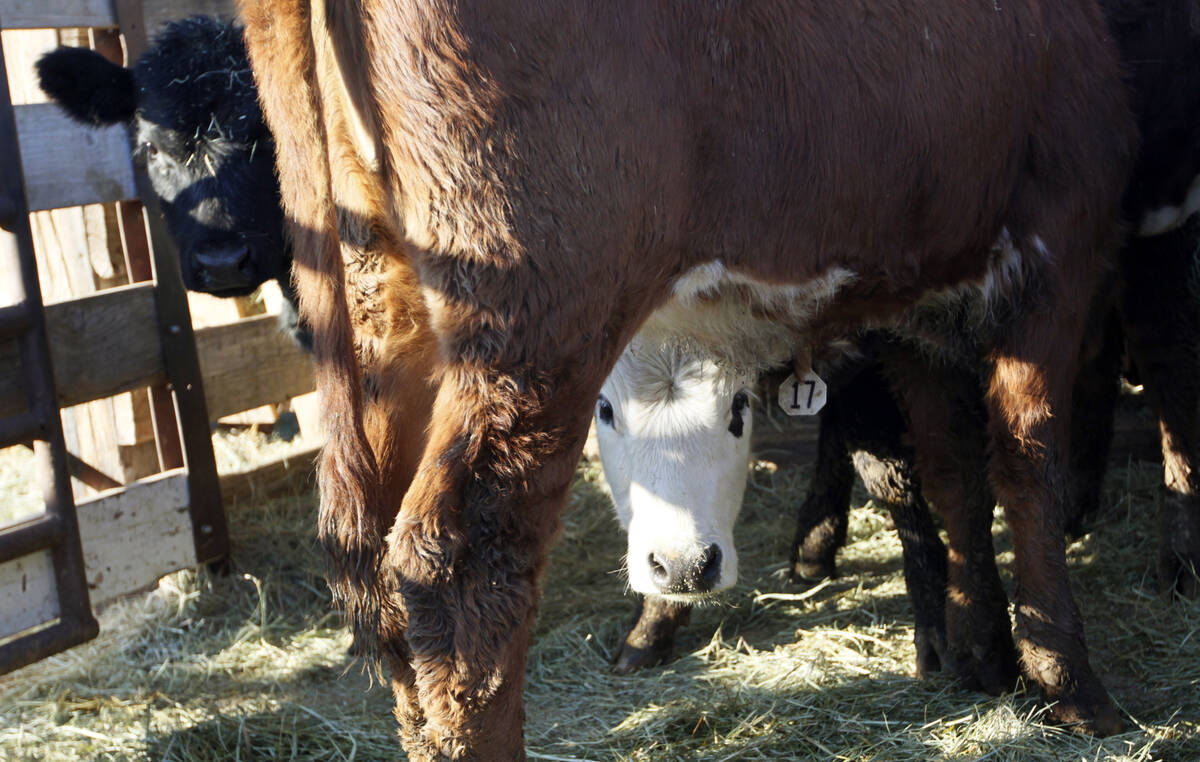CHARLOTTE, N.C. – The National Cattlemen’s Beef Association continues to support product labeling that would indicate the country of origin on all meat imported by the United States.
“We are proud of our product and we want it labeled,” said a producer from New Mexico during the international markets committee meeting at the cattle producer’s convention in Charlotte, North Carolina.
The NCBA also urged its government to subject all imported meat to inspection with standards equal to those for domestically produced meat.
A country-of-origin labeling law was recently tabled in the U.S. Congress. It calls for a label identifying country of origin for beef, veal and lamb.
Read Also

Argentine beef plan angers ranchers
U.S. farmers are criticizing president Donald Trump’s suggestion that the country may import more beef from Argentina.
The bill includes meat produced from cattle, lamb or hogs slaughtered in the U.S. and does not include meat produced from animals imported into the U.S. in sealed trucks for slaughter.
This labeling does not extend to poultry because no poultry is imported, said Dana Hauck, chair of the NCBA international markets committee.
A country-of-origin task force sponsored by the NCBA favored labeling muscle cuts but recommended more study of rules for ground meat.
Some producers were concerned that hamburger carrying a label stating it may contain foreign product could confuse consumers. They said the label should state foreign beef so no one assumes it is some other kind of meat blend.
Some questioned the definition of origin. The NCBA interprets it to mean cattle that were born, raised and processed in the U.S., said Hauck.
The issue has been debated for several years with mixed support from the state cattle organizations that make up the main body of the NCBA.
Last year a labeling law was attached to an agriculture appropriations bill, but failed to pass, said Chandler Keys, policy analyst in the Washington office of the NCBA.
The requests were removed and set aside for study.
“Aligned against us in that battle were the packers, the retailers, numerous foreign governments. They hired the best lobbyists in Washington,” said Keys.
Working with the farm bureau, farmers’ union and sheep industry, the cattle producers pushed for country-of-origin labeling on meat products.
However, Keys reminded producers that if they fight for this legislation the majority of state members must support it.
“We found out we had a third of the state organizations that were very strongly in favor of country-of-origin labeling. We had a third that were opposed to it and we had a third that didn’t care,” said Keys.
“It’s hard to fight this battle when you have two thirds of your state organizations who are against you or don’t care.”















